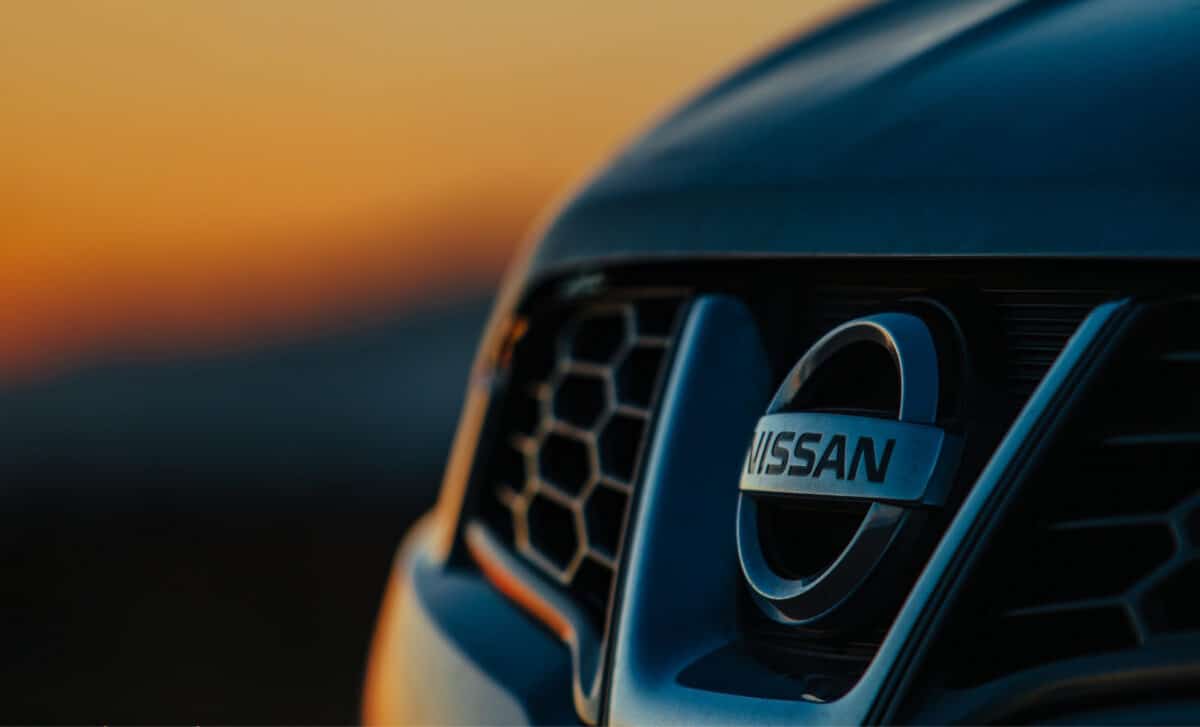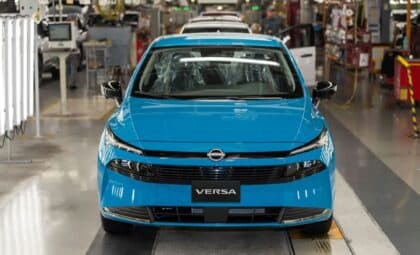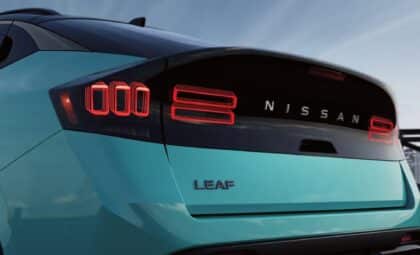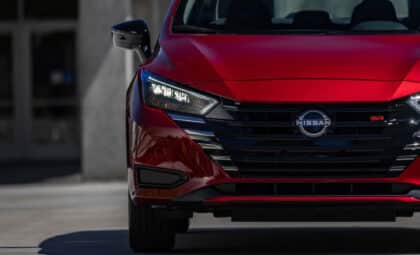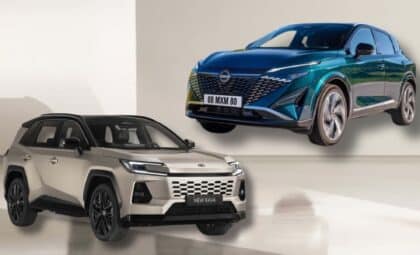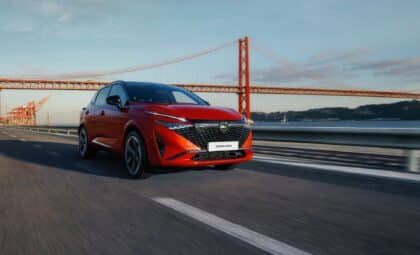This production shift aligns with Nissan’s broader strategy to strengthen its position in the United States by trimming costs, ramping up domestic output, and introducing models tailored to local demands. At the same time, the company is cautiously optimistic about growing its U.S. sales in 2026, despite a largely stagnant 2025 performance.
The decision comes during a moment of transition for Nissan, following a difficult year marked by the collapse of a potential merger with Honda. While discussions with Honda appear to be back on the table, Nissan is wasting no time acting independently. Its renewed focus on hybrid powertrains, coupled with a more aggressive U.S. production approach, reveals a pragmatic response to softening EV demand and a volatile global trade environment.
Tennessee Becomes a Strategic Anchor for Nissan’s Hybrid Push
Starting next year, the Smyrna plant in Tennessee will begin assembling the hybrid e-Power Rogue, a move that places Nissan squarely in competition with electrified bestsellers like the Toyota RAV4, Hyundai Tucson, and Kia Sportage. According to Carscoops, this shift in production strategy stems not only from operational restructuring but also from the evolving economic climate, including tariffs introduced under the Trump administration.
“It will not make a lot of sense to stop a plant in the U.S. when you have tariffs,” Nissan Chief Executive Ivan Espinosa said. Rather than cutting a shift at the Tennessee site as initially planned, the company is now doubling down on local output, turning a potential liability into a manufacturing advantage. This pivot coincides with broader plans to boost production of the Armada and Infiniti QX80, two of Nissan’s larger vehicles aimed at American buyers.
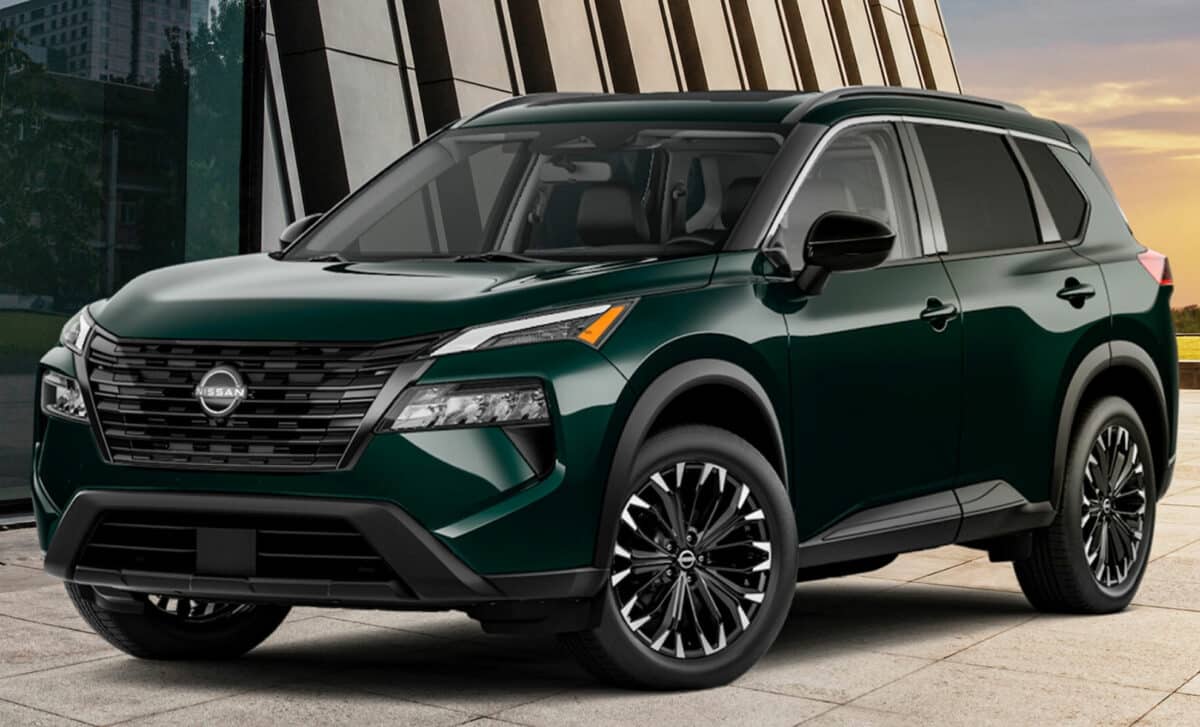
Infiniti and Sentra Updates Signal Broader Portfolio Realignment
Nissan is also realigning its model lineup with several new entries and reconfigurations. A reworked Sentra is scheduled to enter full-year sales in 2026, and an Infiniti variant of the Rogue compact crossover is being considered to replace the discontinued QX50. Both developments reflect a measured attempt to consolidate the brand’s offerings in the U.S. market while maintaining relevance across segments.
Espinosa confirmed Nissan’s strategy includes increased hybridization across its B, C, and D segments. “We should see offers in the C segment, in the D segment, and likely in the B segment. We see the hybridization accelerating very quickly,” he stated. The focus on hybrids indicates a clear divergence from the previously dominant EV narrative, suggesting Nissan is betting on multi-pathway electrification to stay competitive.
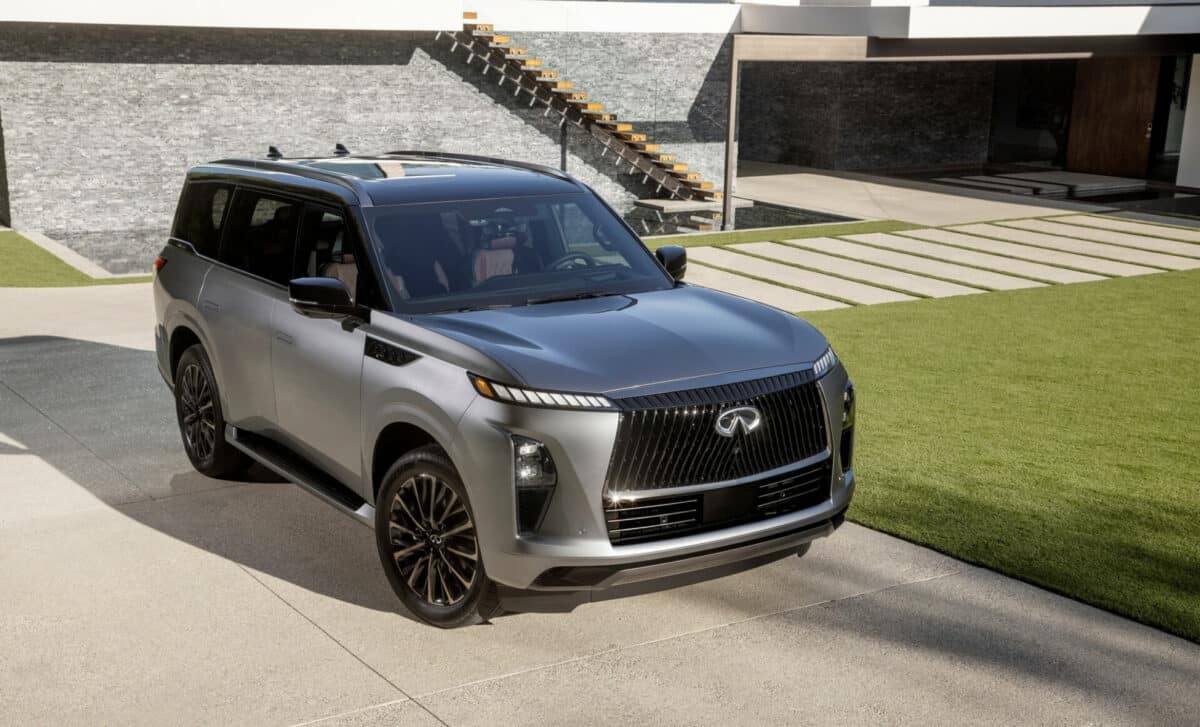
Nissan Hints at V6 Hybrid for Power-Hungry Segments
In addition to the Rogue shift, Nissan is exploring a V6 hybrid powertrain to support its larger vehicles. Espinosa teased the possibility while speaking to Auto News, noting that power remains a key requirement for vehicles in the D segment and beyond. “You have towing, you have many other things. So power is important,” he said. “You could do a V6 hybrid, for example.”
Although no technical details were disclosed, the report clarifies that this potential setup would differ from Nissan’s existing e-Power range-extender systems. Early discussions suggest the new V6 hybrid could eventually be adapted to a future pickup, further expanding the brand’s hybrid footprint. If developed, this configuration could help Nissan regain traction in the large vehicle category where electric drivetrains have yet to dominate.
While Nissan’s 2024 U.S. sales showed a modest 2.8 percent increase compared to 2023, totaling 924,008 units, this remains far below the 1.6 million vehicles sold in 2017. Still, Espinosa remains measured in his outlook. “Next year we should be in a position to grow our sales,” he said, adding that the company is not aiming for volume simply for its own sake.

